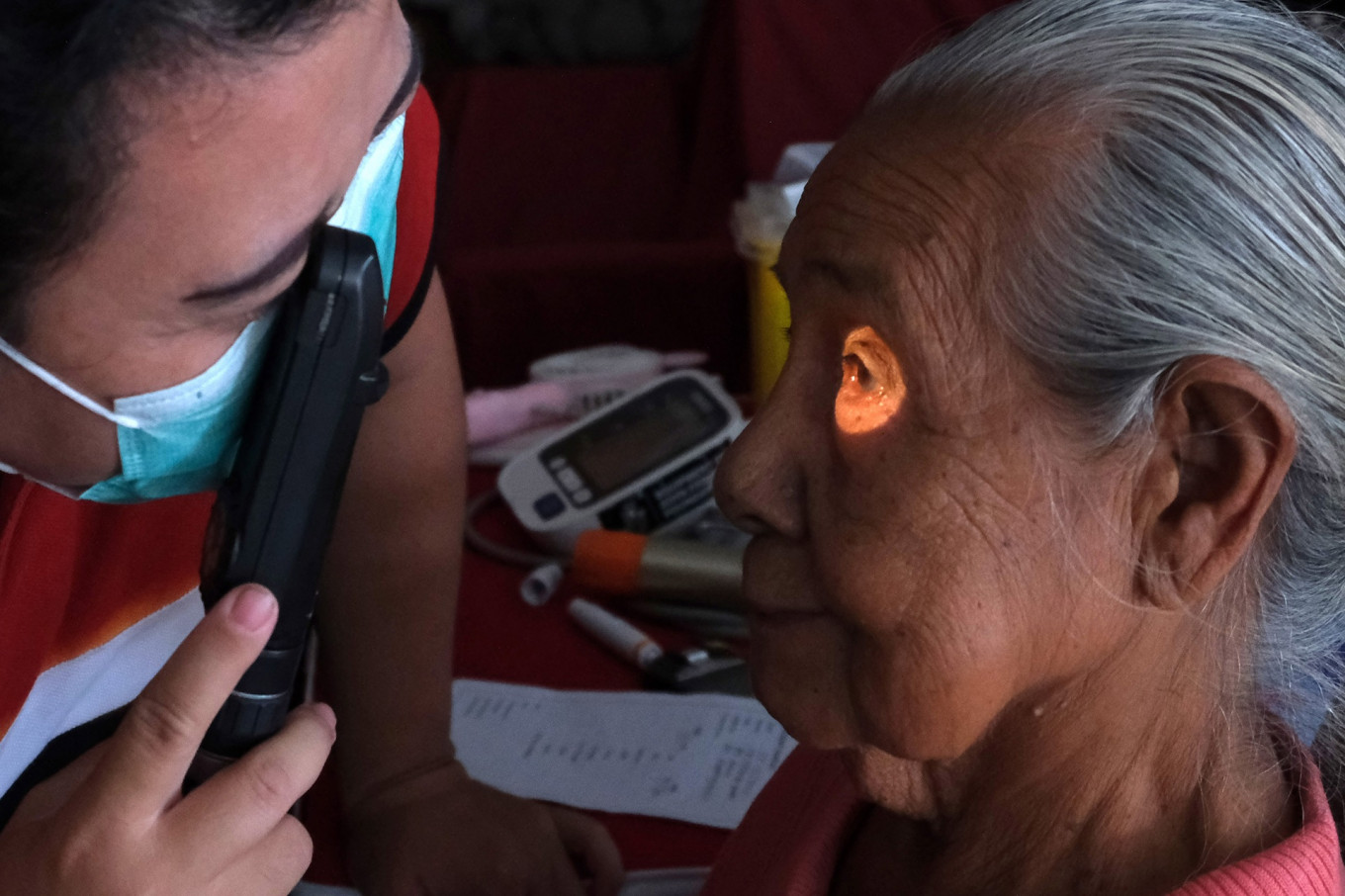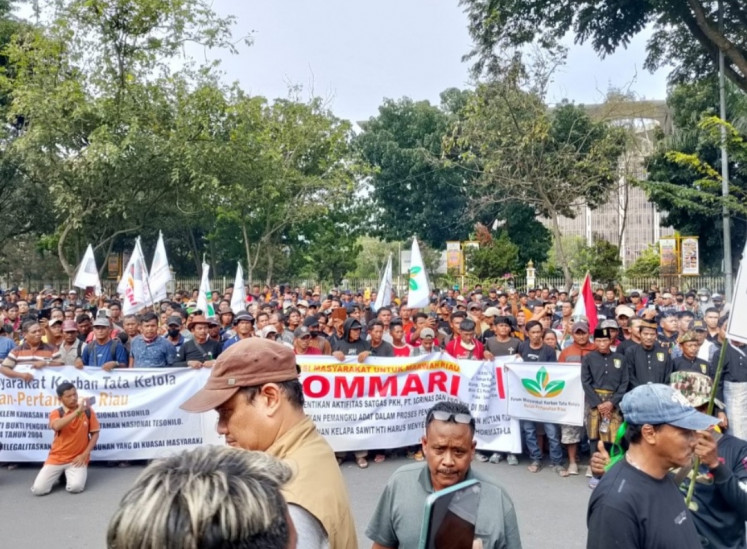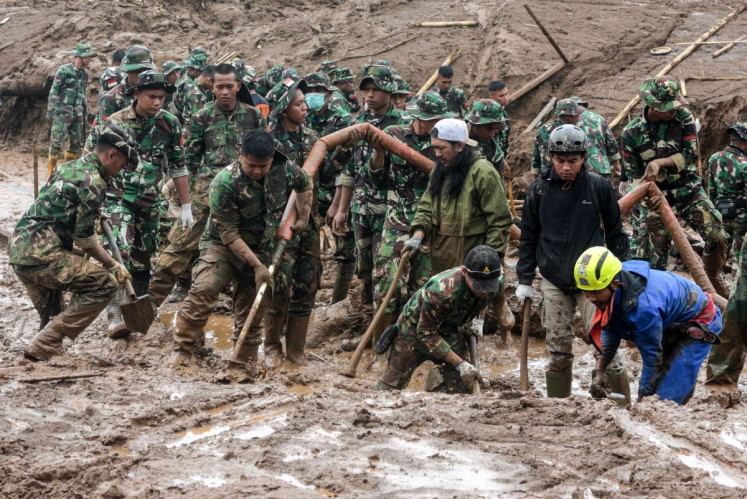Popular Reads
Top Results
Can't find what you're looking for?
View all search resultsPopular Reads
Top Results
Can't find what you're looking for?
View all search resultsIDI pushes for changes to PPDS system to tackle bullying
IDI pushes for cultural change to address bullying of residents in PPDS scheme.
Change text size
Gift Premium Articles
to Anyone
I
ndonesian Medical Association (IDI) chairman Mohammad Adib Khumaidi has said that a major cultural shift is needed to address bullying cases for residents in the Specialist Doctor Education Program (PPDS).
“The cultural change … in doctor education must occur from the top-down,” he said during an online press conference on Wednesday, as reported by kumparan.com.
“We are talking about a hierarchy [that exists] among specialist doctors, which cannot be separated from medical education institutions, faculties of medicine, universities and teaching hospitals.”
Bullying among medical residents gained public attention recently following the alleged suicide resulting from bullying of a Diponegoro University (Undip) medical resident in Semarang on Aug. 12.
Separately, several doctors at the Padjadjaran University (Unpad) residency program in Bandung have been punished for bullying.
Adib said Unpad had punished 10 perpetrators, consisting of a lecturer and nine senior residents.
“The report in Unpad was [the result of] a process which had been carried out by the university’s school of medicine over the last two years,” he said, as quoted by kumparan.com.
Adib said that he and IDI Junior Doctor Network coordinator Tommy Dharmawan had gone through the medical residency programs and that clear definitions of bullying were needed to avoid confusion.
"Does bullying include everything in the education process that [medical] students find uncomfortable or [they] dislike? There needs to be clear boundaries," he said.
“For us, sexual harassment, sexual violence, physical violence, extortion and even things outside the professional ethics are off limits and we will take stern actions against them.”
Meanwhile, Tommy pointed out several problems faced by the residents at PPDS, including long work hours.
Tommy said the reasonable work limit for PPDS is 80 hours per week to prevent burnout and ensure patient safety. The recommended hours were meant to protect both doctors and patients.
He also emphasized that Indonesia is the only country in which medical residents are not paid.
"Medical residents in Indonesia do not receive a salary, which can lead to issues like bullying, such as extortion for food or transportation," Tommy told the online press conference.
There have been reported cases where senior residents require their juniors to buy meals or provide personal services outside the medical profession.
Head of IDI’s organization division Eka Mulyana said that bullying is contrary to medical education and violates the code of ethics and the medical oath.
Eka also expressed deep concern about the bullying incidents at Unpad.
“We deeply regret and oppose all forms of bullying, which have no place in medical education,” he said on Wednesday, as quoted by kumparan.com.
Eka, who is also head of IDI’s West Java chapter advisory board, hoped for cooperation by all stakeholders, including the health and education ministries, the IDI and medical professional organizations, to prevent bullying and to improve medical education.











